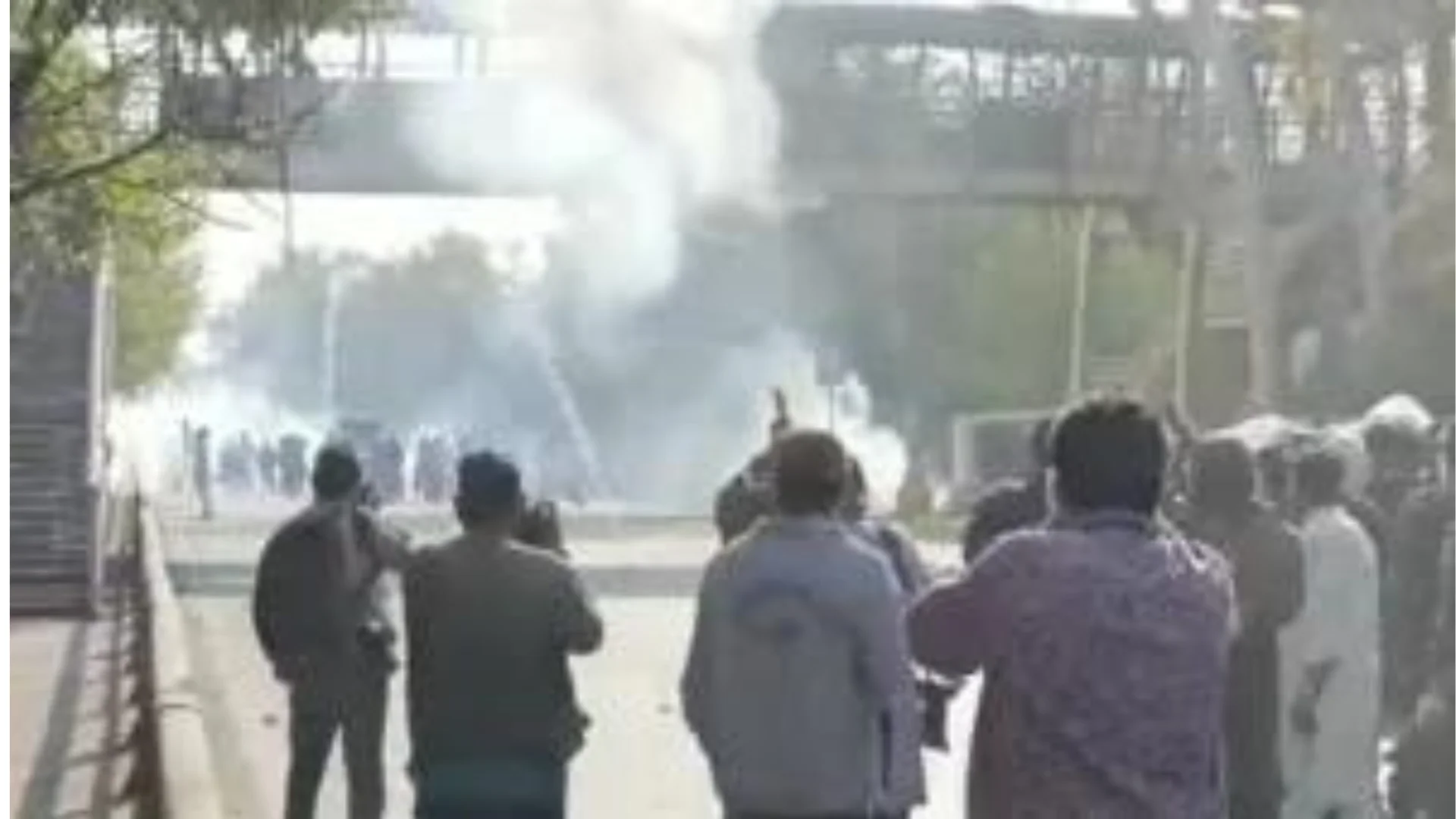Balochistan’s Complex Interplay: Freedom of Expression vs. Maintaining Public Order
Balochistan Political Demonstrations and Freedom of Expression, particularly within its capital city of Quetta, the implementation of Section 144 has become a contentious issue. While this legal provision is designed to maintain law and order, its application, or lack thereof, has ignited debates and concerns.
Recent gatherings at the Press Club in Quetta, where people have been demonstrating their solidarity with Palestine, have brought to light the intricate interplay between the right to freedom of expression and the state’s responsibility to ensure public order.
Balochistan Political Demonstrations & Section 144 Implementation in Quetta
Quetta, the heart of Balochistan, has been at the center of political activity and public demonstrations recently. The city’s streets have witnessed the convergence of diverse groups voicing their support for various causes. However, the effectiveness of Section 144 in maintaining public order during these events has been questioned.
Maulana Fazlur Rehman, a prominent political figure, took advantage of the Palestine cause to stage a significant political event at Quetta’s Ayub Stadium.
Before this, Mehmood Khan Achakzai, the leader of the Pashtun Khawa Milli Awami Party, had also organized a demonstration at the Press Club, rallying party workers. In both cases, the application of Section 144 appeared elusive, leaving many to ponder its effectiveness in preserving public order.
The Balochistan National Party’s (BNP) rally faced criticism from Babar Yousafzai, the caretaker information minister, and former chief minister’s spokesperson, John Achakzai.
This criticism emphasized the necessity of a level playing field in political discourse and the importance of eliminating pressure tactics and open exemptions to maintain the impartiality of the supervisory setup.
The Broader Implications of Political Demonstrations and Their Impact on Youth Welfare
The right to protest in support of Palestine, while constitutionally valid, shines a spotlight on the broader issue of freedom of speech as a fundamental right for all citizens. Democracy, by its very nature, upholds the principle that the majority’s opinion prevails, but it also recognizes and respects the rights of the minority.
This inclusivity extends to non-Muslim citizens who also enjoy various religious, political, and democratic freedoms in Pakistan. Thus, there is an urgent need to promote equality for all, transcending contradictions that may exist.
However, justice is not merely an utterance; it should be evident in action. While the right to take a stance and express an opinion on the Palestine issue is undeniable, it is essential to learn from the lessons of the past, particularly the situation in neighboring Afghanistan.
The challenge of evacuating refugees, exacerbated by the prevalence of the Kalashnikov and heroin culture following the Afghan war, necessitates a redirection of resources and attention towards the development and welfare of the youth.
China, a nation with a remarkable development story, provides a pertinent example in this regard. Understanding the secrets of China’s development underscores the importance of striving towards developmental goals.
In our national discourse, it is common to critique our cricket team’s performance, but little thought is given to the direction in which the youth of the nation are being steered. While our cricket team may face criticism for their performance, the youth often remain underutilized, lacking a clear direction.
Recently, the Nawabzada Shaheed Siraj Raisani Sports Festival commenced at Ayub Stadium, a commendable initiative aimed at promoting sports and youth engagement. During the media briefing for this event, the Sports Minister emphasized the importance of keeping sports fields free from politics.
However, questions have arisen regarding the appropriateness of using Ayub Stadium, a sports arena, for political rallies. Quetta is already grappling with various challenges, and the additional pressure stemming from such activities raises concerns about the city’s ability to withstand it all.
Balochistan and Quetta, in particular, find themselves at a crossroads, where the delicate balance between the rights of citizens to express their political views and the government’s responsibility to ensure order and security must be struck.
This balance must be maintained, as a future is envisioned where freedom of expression coexists harmoniously with law and order. In this process, the welfare and development of the youth, who hold the key to a brighter future, must remain a top priority.
Balochistan, like the rest of Pakistan, has much to gain from a society where the potential of its youth is harnessed for the betterment of the province and the nation.


